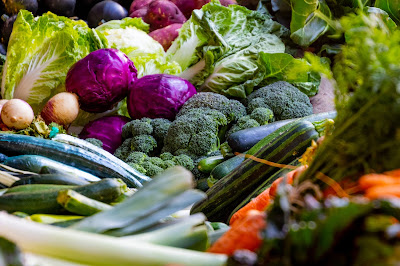So, how do we deal with the constant change and upheaval around us, not to mention the isolation and disconnection?
Taking care of our mental health should really be a priority. If you are prone to anxiety or depression, this situation can be detrimental. Here are some ideas to help you through these difficult times.
- If you feel your anxiety creeping up, ground yourself in the moment. Keep your mind present and aware. When we think too far ahead, we feel anxious and if we dwell on the past, depression can beset us. Live in whatever moment you are in.
- Just like everything else around you, feelings and emotions will change. If you allow yourself to feel, to sit with whatever emotion comes up, the quicker it will pass. If we stuff our feelings and try to avoid them, when they finally surface again, they seem to carry a bigger punch.
- Choose a trusted friend or family member who can be a hard edge to lean upon. The fear and worry becomes too much, give the feelings words and share that with your trusted friend.
- We have to practice social distancing but not connection. With technology today, we have so many options to stay connected. We are human. We need connection and love. Connection and love are two keys to surviving tumultuous times. Be creative, find ways to stay in touch and close to friends, neighbors and loved ones.
- Stop engaging with social media. There is nothing to be gained from reading article after article about facts and figures you have no way of knowing their truth. This isn't to say we shouldn't be educated about the situation at hand, but negative headline after negative headline will most definitely impact your nervous system.
- Trauma often comes in a series of small losses and before we even realize, we are fixating, overwhelmed, restricted and paralyzed. Another reason to distant yourself from negativity and fear mongering and stay in the moment.
- Maintain routine and rhythm. Even though you may be staying home for days and weeks on end. Get up at the same time everyday. Make your bed. Get dressed. Keep yourself together. Our nervous system craves a rhythm. Even though things around us change by the hour, there is still so much within our control and agency.







